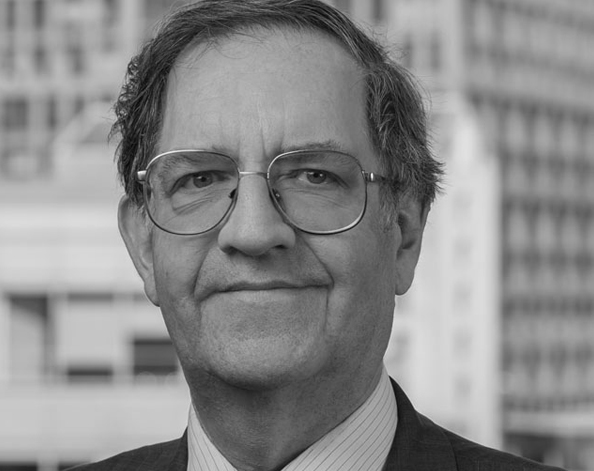Receive Focus insights straight to your inbox
Outliving your retirement funds is a very real possibility for many people. We asked Investec's Global Investment Strategy Group for their views.
“The world's working population is living longer thanks to improvements in diet, healthcare plans and preventative medicine, despite the rise in obesity and prevalence of chronic conditions,” affirms Chris Hills, Chief Investment Officer at Investec Wealth & Investment UK.
Will your retirement equal the length of your career?
Financial planning and funding longer retirements
While a retirement period that is equivalent to a working career may be some way off, Hills asserts that prudent retirement planning must already factor in longer time frames.
“Those in or approaching retirement will need to draw down from their savings for longer than previously thought, and that requirement will increase for those saving for their future retirement today.”
There are also practicalities to consider in supporting older generations for longer periods in relation to social grants and individual and group retirement products, suggests Phil Shaw, Chief Economist at Investec UK.
“When more people live longer, it places pressures on public finance and on a person’s own financial position. Funding retirement on that scale becomes a frightening proposition.”

Those in or approaching retirement will need to draw down from their savings for longer than previously thought, and that requirement will increase for those saving for their future retirement today.
Traditional retirement vs life expectancy
John Haynes, Head of Research for Investec Wealth and Investment UK and Chairman of the Global Investment Strategy Group, says there are very few who can afford to retire for that length of time.
As a possible solution, Shaw recommends extending working tenures into currently established retirement periods. “People could perhaps work part-time as they get older.”
It's time we retired the traditional concept of retirement.
Haynes agrees, suggesting that people will have multiple careers after retirement. “Most people would rather work than remain idle for an extended retirement as they look to contribute and add value somewhere else in their life. As such, I believe it's time we retired the traditional concept of retirement.”
Annelise Peers, Chief Investment Officer at Investec Wealth & Investment, Switzerland, echoes these sentiments. “People are living healthier lives in retirement and enjoy better quality of life. They can, therefore, remain active, and with the ability to continue working on something you really enjoy, why would you retire? Personally, I don’t see myself retiring at 65.”
The value of passing knowledge on to younger generations
Hills also believes that employers do themselves a disservice by parachuting experienced staff out of the business because they’ve hit a particular age.
“These individuals can add so much value to the business, which is why we should look for ways to retain them beyond the de-facto retirement age.”
Shaw adds that while it may be difficult to practice a profession full time, it should be feasible for these individuals to mentor and pass on their knowledge to employees who are coming up the ranks.
We should look for ways to retain them beyond the de-facto retirement age.
“This is a valuable way of leveraging and benefiting from the experience that resides within older generations in the workforce.”
About the author

Patrick Lawlor
Editor
Patrick writes and edits content for Investec Wealth & Investment, and Corporate and Institutional Banking, including editing the Daily View, Monthly View, and One Magazine - an online publication for Investec's Wealth clients. Patrick was a financial journalist for many years for publications such as Financial Mail, Finweek, and Business Report. He holds a BA and a PDM (Bus.Admin.) both from Wits University.




